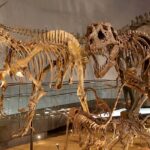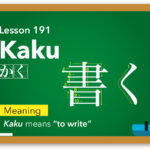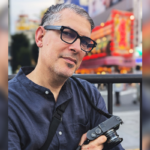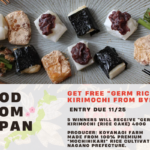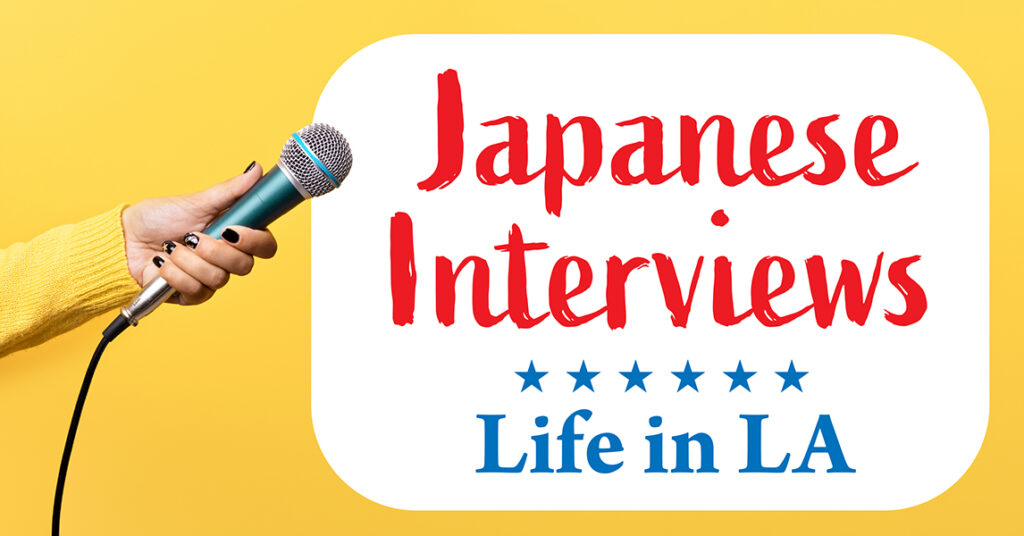
Franklin Masahiro Nakabayashi
Profession: Former Executive at Union Carbide; Honorary President of the LA Hakumon-kai (Chuo University Alumni Association) and Huntington Beach Sister City Association
Born: 1940, Shinjuku, Tokyo, Japan
Education: Graduated from Chuo University, Faculty of Engineering; earned a master’s degree from Lehigh University as a NASA Fellow
Background: Served 15 years as president of the LA Hakumon-kai alumni association and continues to promote cultural exchange between Japan and the U.S. through grassroots community efforts.
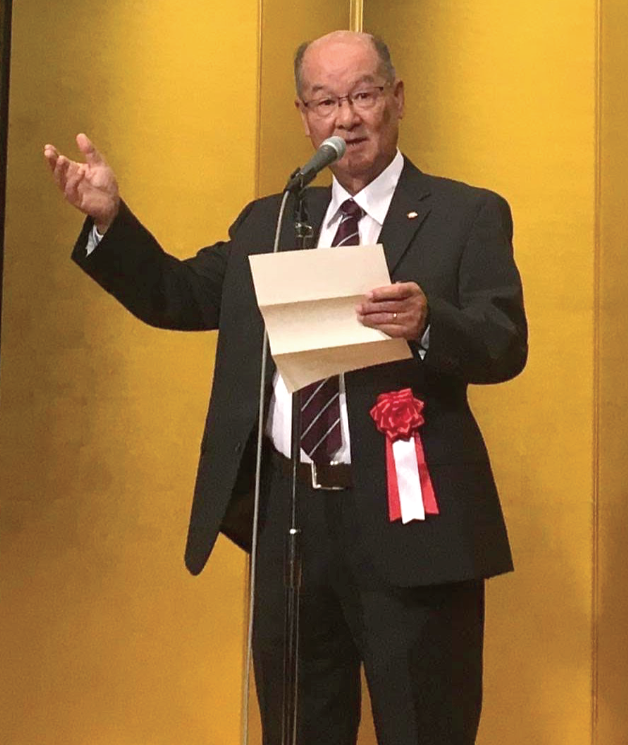
Mr. Masahiro Nakabayashi: Honorary President of the LA Hakumon-kai (Chuo University Alumni Association) and Honorary President of the Huntington Beach Sister City Association
Mr. Masahiro Nakabayashi attended the 70th Anniversary Celebration of the Faculty of Science and Engineering at Chuo University. At Chuo University, graduates are traditionally referred to as “gakuin” (学員), a unique term meaning “academic members,” while the alumni association is known as the Gakuin-kai (学員会). The Hakumon-kai (白門会), literally “White Gate Association,” refers to officially recognized alumni branches approved by the university’s central alumni organization. The name “Hakumon” is a symbolic reference to Chuo University’s main gate, which is white and a recognizable icon of the campus.

For inquiries, please contact the LA Hakumon-kai office at: office.lahakumonkai@gmail.com
The oldest overseas chapter, the New York Hakumon-kai, was established in the 1950s. The Los Angeles Hakumon-kai (LA Hakumon-kai) was the third to be formed globally, following the London chapter. Prior to its official recognition in 1992, it functioned more informally through activities such as golf outings and social gatherings. However, during a visit to LA by then-Chuo University President Dr. Hiroshi Hokama, meaningful exchanges began, and the group was formally recognized as part of the Gakuin-kai network.
A key challenge for alumni associations abroad is continuity. Many members are temporary expatriates who return to Japan after a few years, causing the group’s activities to fade. Mr. Nakabayashi, a permanent resident of the U.S., provided the stability needed to keep the organization rooted. He served as president of the LA Hakumon-kai from 2003 to 2018 and currently holds the title of honorary president.
Born in 1940 in Shinjuku, Tokyo, Mr. Nakabayashi spent his early years in the chaotic aftermath of World War II. “The cityscape changed dramatically before and after the war,” he recalls. After graduating from Chuo University Suginami High School, he entered the Faculty of Engineering at Chuo University to pursue his dream of becoming an engineer. In 1962, he joined Kawasaki Steel, a major Japanese steel manufacturer, during Japan’s postwar economic boom—a time when large-scale infrastructure projects like the bullet train (shinkansen) were rapidly developing. As a specialist in welding, he was deeply involved in research and fieldwork related to welding the rails for the bullet trains.
In 1966, Mr. Nakabayashi was transferred to the Toronto Research Laboratory of Union Carbide, a leading American chemical company, under an internal overseas assignment. Although originally set for just two years, his strong research performance earned him a spot as a NASA Fellow in 1968. He entered graduate school at Lehigh University in Pennsylvania, where he conducted foundational research related to space shuttle assembly. After earning his master’s degree, he joined Union Carbide’s Central Research Center near New York City and officially left Kawasaki Steel. Because of his work developing cutting-edge welding technologies for space-related metal materials, the U.S. State Department encouraged him to obtain U.S. citizenship, which he did. In 1975, he was appointed director of the Production Technology Research Laboratory at Union Carbide. He later served as Director of Market Development and International Market Development, traveling the globe as a corporate executive. “I came to understand how fairly America treats those who show ability,” he reflected.
In July 1992, Mr. Nakabayashi joined the founding meeting of the LA Hakumon-kai. In 2003, he was entrusted with the role of president, asked to “give back to younger generations.” Over the following 15 years, he made significant contributions to the group’s growth and sustainability. A cornerstone of the LA Hakumon-kai’s mission has been supporting student exchange and training. Each year, the group welcomes 4 to 6 current Chuo University students to Los Angeles, where they visit and engage with alumni at their workplaces. “Alumni groups won’t last unless people feel a responsibility to do something for younger generations,” Mr. Nakabayashi says firmly. This initiative has since been formally recognized for academic credit by Chuo University’s Faculty of Economics and is now in its 18th year. In 2019, he was invited to deliver a congratulatory address on behalf of overseas alumni at the 70th anniversary celebration of Chuo University’s Faculty of Science and Engineering. Now 85 years old, he remains committed to serving his local community. “I believe in contributing to small communities,” he says. “It’s in these small circles that we can truly serve as bridges between Japan and the United States.”


